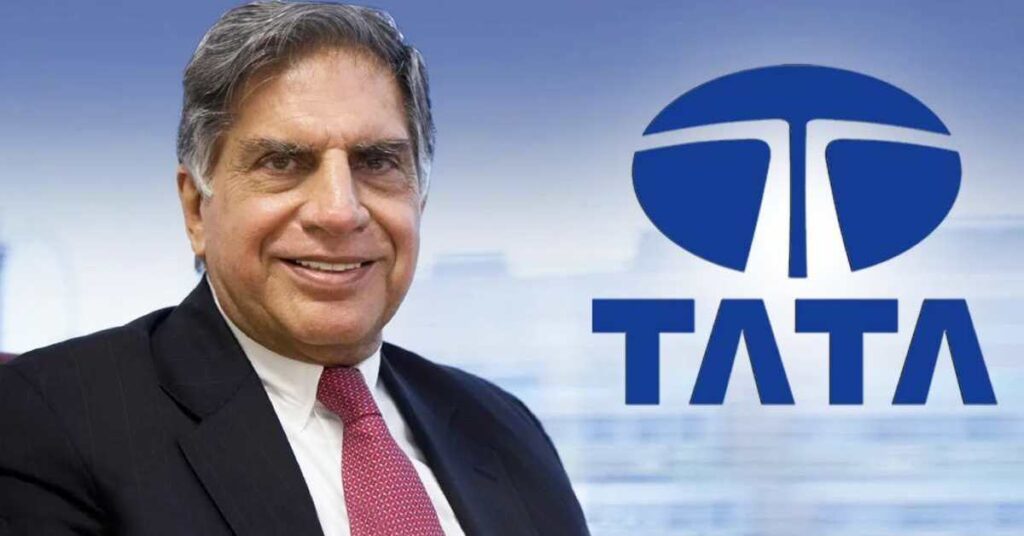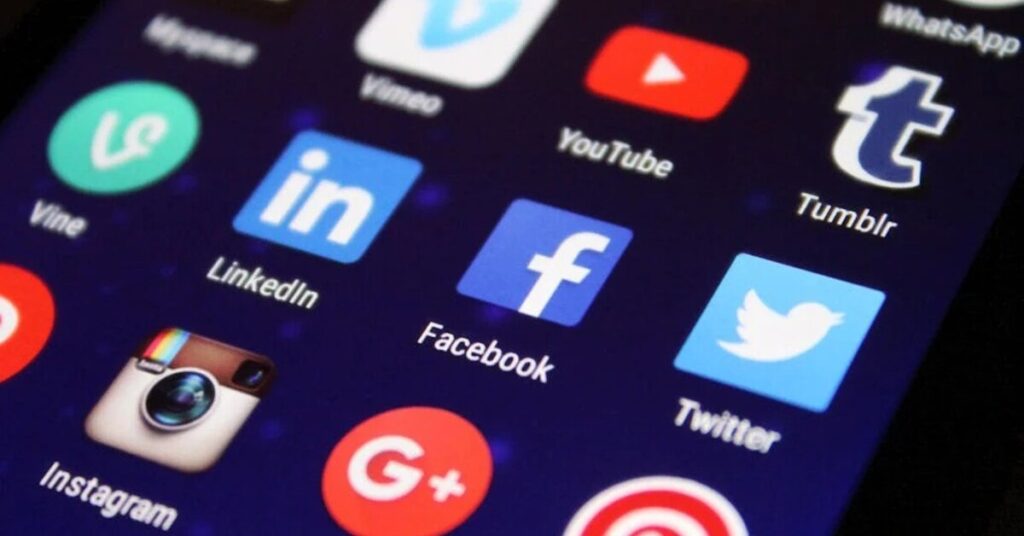The entertainment industry is witnessing a revolution through the SAG-AFTRA strike, joining the Writers Guild of America. The dispute is about streaming affecting residuals and the use of artificial intelligence (AI). The advertising industry has also taken a hit.
Mark Boidman, head of media and entertainment investment banking at Solomon Partners, says the strike suggests this is a sector in tremendous turmoil. He said shareholders, particularly hedge funds and institutional investors, have been very frustrated with media companies.

Darrick Li, vice president of sales for North America media owners at Guideline, pointed out that the shutdown comes as the linear TV industry prepares for the fall TV season. He said the industry is on high alert as a lack of new content could put a dent in those revenues. “There is a ripple effect where over time there is less content for media owners to deliver to audiences, advertisers that see less impact from their advertising investments, and less capital for media companies to put back into new production, technologies, and development, creating a vicious cycle where nobody wins.”
Moreover, weak advertising marketing has been a source of pain, particularly for traditional TV. It weighed on the earnings of Paramount and Warner Bros. Moffett Nathanson’s report stated that pricing growth is a key source of concern. It could be the first non-recessionary year that advertising upfronts don’t produce increases in TV pricing, especially as ad-supported streaming hits the market and takes up inventory.
Tony Marlow, Global CMO at LG Ad Solutions, sees a massive gap in creating new content. “Without deals signed with actors and writers, streamers won’t have new scripted content to bring eyeballs to their platforms. They will have to purchase existing content that will be competitive to acquire.” Marlow believes the consumer could feel this in the form of higher subscription rates.
Overall, the strike has been fueled by lingering instabilities caused by COVID-19 pandemic shutdowns, changes to the entertainment industry because of streaming, and concerns about AI replacing writers and actors.
Also Read: Animated Advertisements Captivate the Future of Marketing 2023 and Beyond



